School Fab Labs help schools make the shift to creative, human-centered, and innovative economies.
Fourth Industrial Revolution
For evidence on this shift, look to McKinsey Global Institute, which has produced lots of data on skills automation. The most useful report would likely be “Where machines could replace humans – and where they can’t (yet)”, in which they discuss the two hardest labor activities to automate with current tech: managing and developing people (9% automation potential) and applying expertise to decision making, planning, or creative work (18%). Their overall thesis is that, while few jobs will be completely automated, the majority of jobs will see many of their non-creative and non-interpersonal tasks automated.
The World Economic Forum released similar findings, saying that “by 2020, more than a third of the desired core skill sets of most occupations will be comprised of skills that are not yet considered crucial to the job today” – with particular demand for skills like flexibility, communication, creativity, and digital literacy.
Deloitte also released a report on automation, advancing the idea that the future world of work will place disproportionate value on creativity, critical thought, and social skills like collaboration.
Daniel Araya, has blogged on education and technology for Brookings and written a very useful book on the subject. His work focuses on the utility of preparing youth with STEM training, but going beyond this to develop the artistic, design, and digital media skills needed for creativity and innovation.
School Fab Labs by focusing on the breadth of skills that are developed for 21st century jobs. School Fab Labs design an environment where learners grow as entrepreneurs, innovators, creatives, and teammates. These are roles that are distinctly human and will not be replaced anytime soon. School Fab Labs develop exactly the skills that youth need to thrive in a world where our greatest economic demand will be bridging AI and other tech with human ingenuity: By designing and fabricating their own works, youth hone a breadth of skills including problem solving, social intelligence, collaboration, organization, self-management, creativity, etc.
School Fab Labs focus on developing creativity using learning experiences and the importance of allowing learners to create original work.
